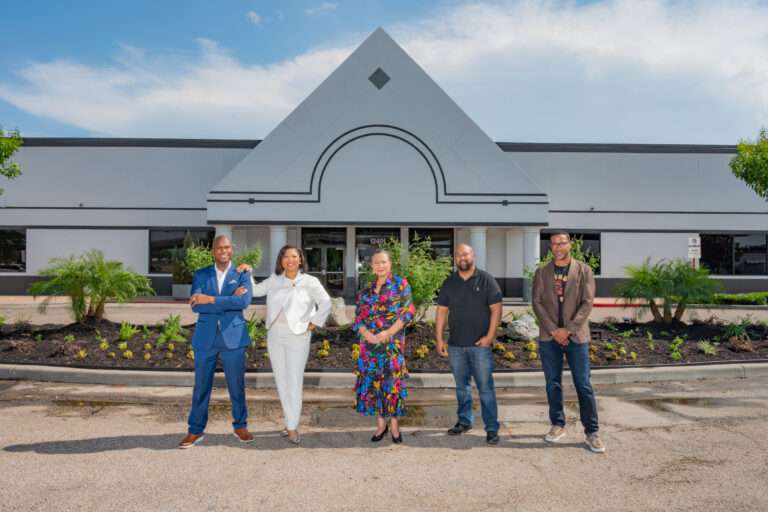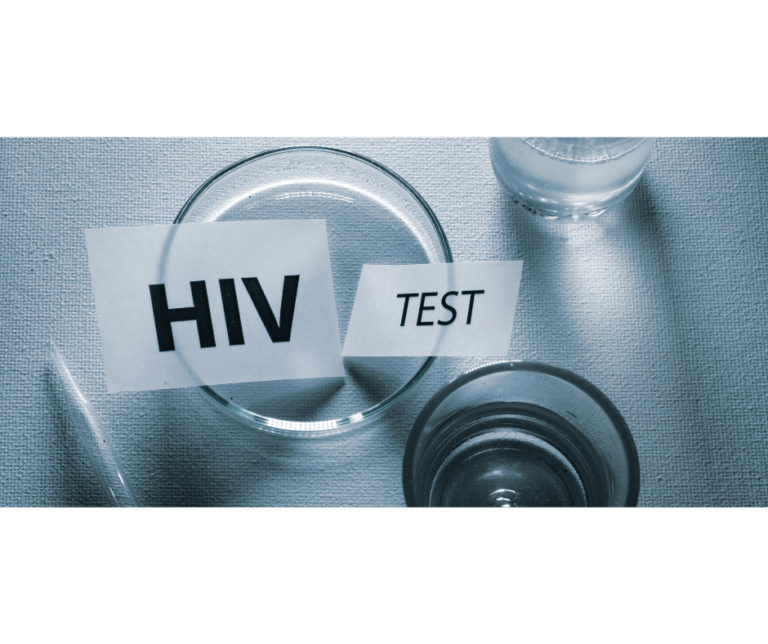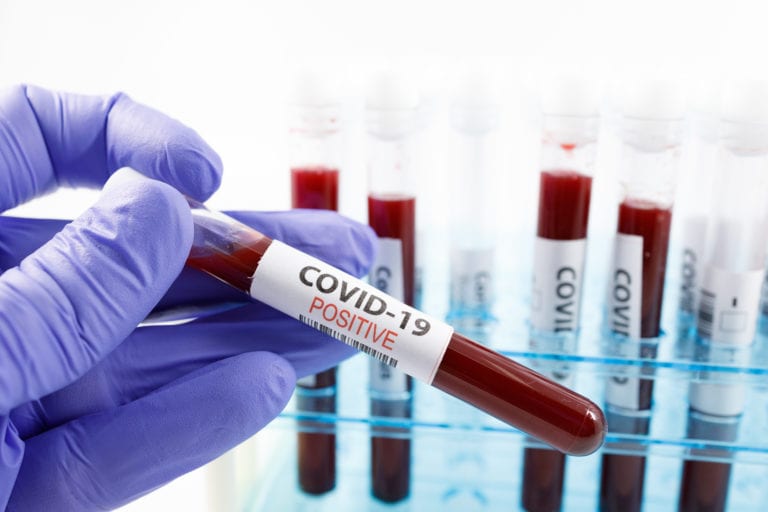By: d-mars.com
HoustonPublicMedia.org
Texas mothers are now eligible for Medicaid, or Children’s Health Insurance Program (CHIP) through the Texas Health and Human Services Commission (HHSC), will be able to get postpartum coverage up to a year after childbirth.
Medicaid covers half of Texas births, but previously coverage expired two months postpartum. Last year, Abbott signed House Bill 12 into law, expanding Medicaid and CHIP postpartum coverage. The extension request was approved last month by the Federal Centers for Medicaid and Medicare services.
The State of Texas predicts approximately 137,000 women will benefit from 12-month postpartum coverage in 2025.
“Working with partners in the Texas Legislature last year—including Senator Lois Kolkhorst and Representative Toni Rose—we delivered critical bipartisan legislation to extend postpartum coverage for Texas mothers from two months to one year,” Abbott detailed in a press release. “By extending postpartum Medicaid and CHIP coverage, we will help ensure new mothers and the most vulnerable young Texans receive critical healthcare resources they need to care for their families and thrive.”
Health experts say postpartum care is crucial for mothers recovering after childbirth. Dr. McClain Sampson is a Fellow of Maternal and Reproductive health at the Baker Institute for Public Policy and an Associate Professor at the University of Houston’s Graduate College of Social Work. She said the extension will address a critical part of early motherhood.
“This is really good news,” she said. “The postpartum period, which is considered from right after childbirth, all the way up to 12 months postpartum, a lot of important health things need to be monitored.”
Sampson said medical conditions like postpartum depression can occur from as early as four weeks to 12 months postpartum and lead to postpartum anxiety and perinatal mood disorders. She said there’s also other health issues that a mother can endure.
“If someone had high blood pressure during pregnancy, she really needs to be made aware of her high blood pressure after pregnancy, “she said. “Also, if somebody went into pregnancy with gestational diabetes, how is that diabetes being treated at two months postpartum, 6 months, 12 months. It’s an important time of health and mental health vulnerability and having insurance coverage for 12 months could possibly really have a significant positive effect for.”
CHIP and Medicaid recipients who were already enrolled into the program while pregnant will have their coverage automatically reinstated for the remainder of their 12-month postpartum period, if they still live in Texas. Women who transitioned from Medicaid or CHIP to Healthy Texas Women after their pregnancy ended and are still within their postpartum period will be transitioned back to full coverage for the remainder of the period.
Sampson said many women do not enroll in Medicaid until their second or third trimester for various reasons like the length of enrollment or lack of providers compared to women with private insurance. Texas, like many other states, has a high mortality rate, and it’s the highest among African American women.
“With Medicaid, we have a huge shortage of Medicaid providers, especially in this maternal health space,” said Sampson. “Even though one in two births are financed by Medicaid, that doesn’t mean we have enough providers to see the share of the volume of women who are on Medicaid. So that’s one reason that it takes some women a long time to get on to Medicaid, because the enrollment process may take one week up to two months.”
Texas is joining other states and the District of Columbia by extending coverage, a years-long fight.
“We are not valuing the health of the woman,” said Sampson. “I really think it’s a matter of value. If we truly valued a woman’s health during pregnancy and postpartum again, these are highly vulnerable times for mental health and physical health issues. Then we would have policies that protect women during these time periods, we would have insurance that is not burdensome to enroll in, we would have enough providers to see people who are on Medicaid and wouldn’t have only one in four women on insurance.”
Sampson recommends women check with their local state Medicaid office to confirm their extended coverage. She said Houston has a local nonprofit called Civic Heart, that helps residents enroll in Medicaid. She works with the nonprofit as well as being the principal Investigator of the Healthy Start Program at UH.
“Extending postpartum coverage will help new mothers access needed healthcare services,” said HHS Executive Commissioner Cecile Erwin Young in a press release. “HHSC is proud to continue supporting Texas families.”
- Medicaid and CHIP offer several medical services, including:
- Regular medical checkups
- Prescription drugs and vaccines
- Hospital care and services
- X-rays and lab tests
- Vision and hearing care
- Access to medical specialists and mental health care
- Treatment of special health needs and pre-existing conditions






